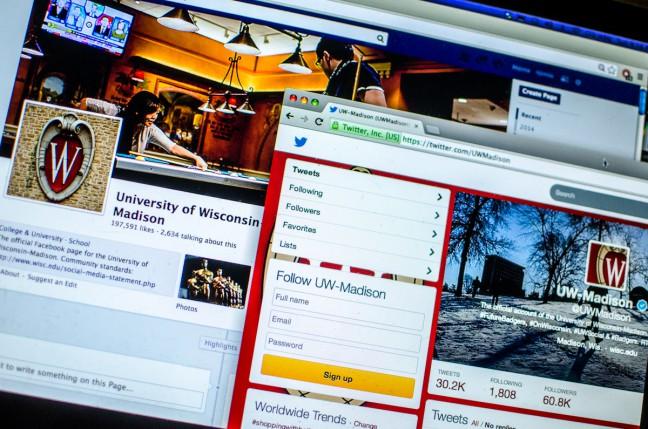When your grandfather shakes his finger at you and complains, “that’s not how it was back in my day,” shrug and admit he is definitely right. Although many spheres of our existence, like music and technology, change by the generations, perhaps the most central to humanity evolves before us every day — human connection, something essential to a healthy life.
UCLA professor Matthew Lieberman claims, “Being socially connected is our brain’s lifelong passion. It’s been baked into our operating system for tens of millions of years.”
Living in the age of social media, we are never short of opportunities to connect with our peers, whether they be a mile or an ocean away. But perhaps we have had too much of a good thing.
The charity Anxiety UK teamed up with the Salford University Business School to research the affect of social media on our mental health, and the results are enough to compel anyone to cut down on screen time. By comparing successes and milestones online, many feel inadequate and less confident after a simple scroll.
Over half of the study’s participants claimed that using social media sites negatively affect their choices and quality of life. Many also reported struggling to relax after using these sites. These facts, along with the looming threat of cyber-bullying, can encourage self-injury and suicidal thoughts and tendencies in young adults. Suicide is the second-most frequent cause of adolescent death in Wisconsin.
Consequently, there have been many calls for the state and national government to regulate social media content in order to protect its users against the mental health risks these platforms may pose. This is a good idea in theory, but the subjective nature of each site’s content make it impossible to systematically and fairly regulate all posts.
That is not to say they do not try, as hate speech is in violation of the terms and conditions of virtually every social media platform, from LinkedIn to Tinder. Having the law, or the sites themselves, hold responsibility for the mental health of their users absolves us of our responsibility of self-care. It is not Facebook’s job to ensure its users’ happiness.
Our happiness is our own responsibility. The best way to minimize the mental health risks posed by social media is to simply stay away. Humans are blessed with free will — we have the power to turn off our screens, we just forget that we have the option to use it. Humans created technology to better our quality of life, not so that it can control our mood nor our life choices.
Take personal responsibility for your happiness. If that involves social media, make sure it is in a positive way, celebrating what makes you unique. As Kyos Magupe says, “You can love yourself the same way you love taking selfies. There is nothing worse in life than self-hate. Choose to love yourself.”
But above all else, enjoy human connection in its most authentic form. Meet your friends for dinner and talk until you cannot think of anything else to say. Call your mom and let her drone on about all the drama at the office. And do not forget to let your grandpa tell the same stories about the good ole days.
By minimizing the amount of likes and shares, we gain gratification from those who truly matter in our lives, making our hearts fuller, and our stress loads much lighter.
Abby Steinberg (abigailsteinberg@outlook.com) is a freshman majoring in political science and intending to major in journalism.


